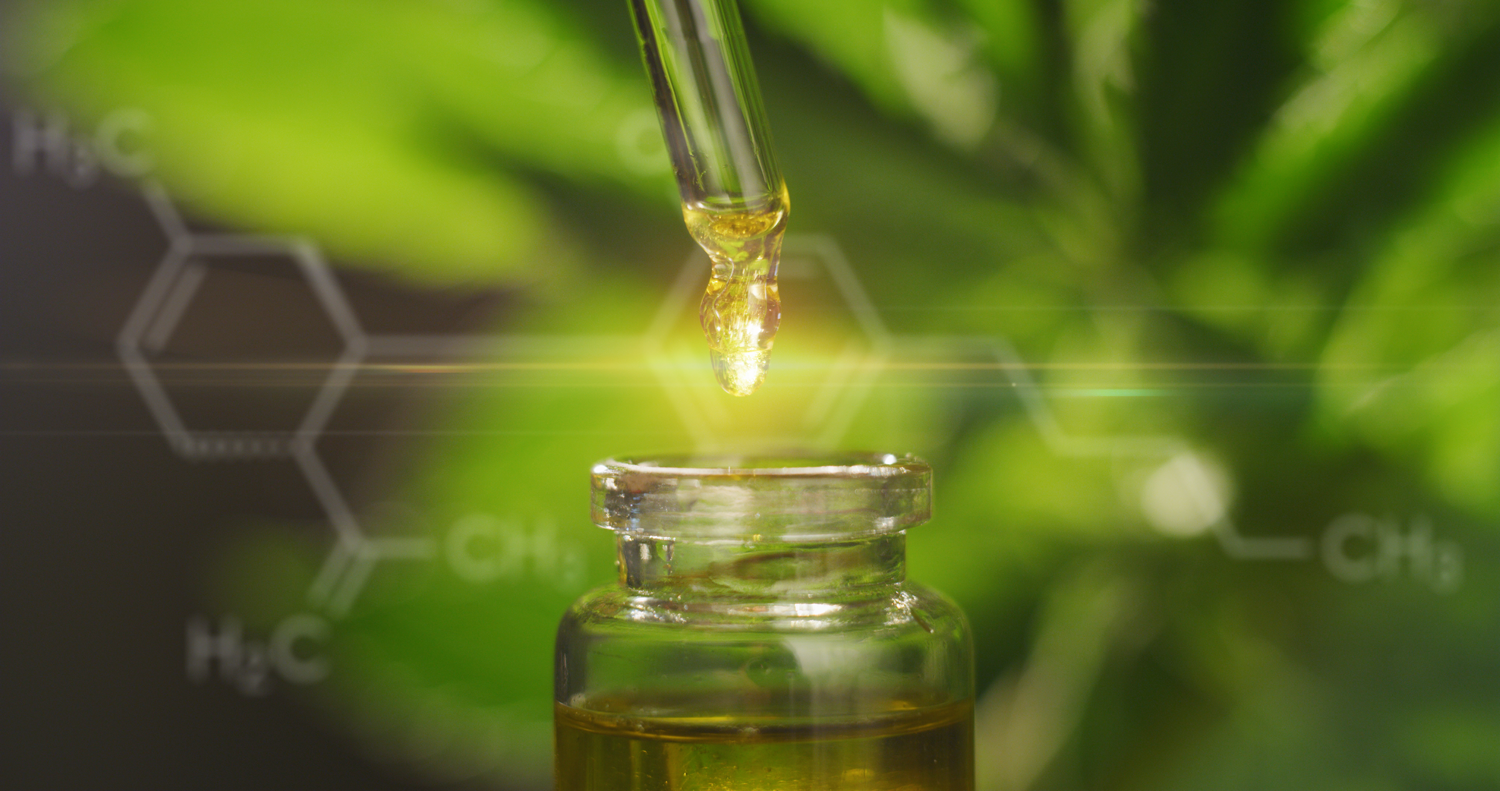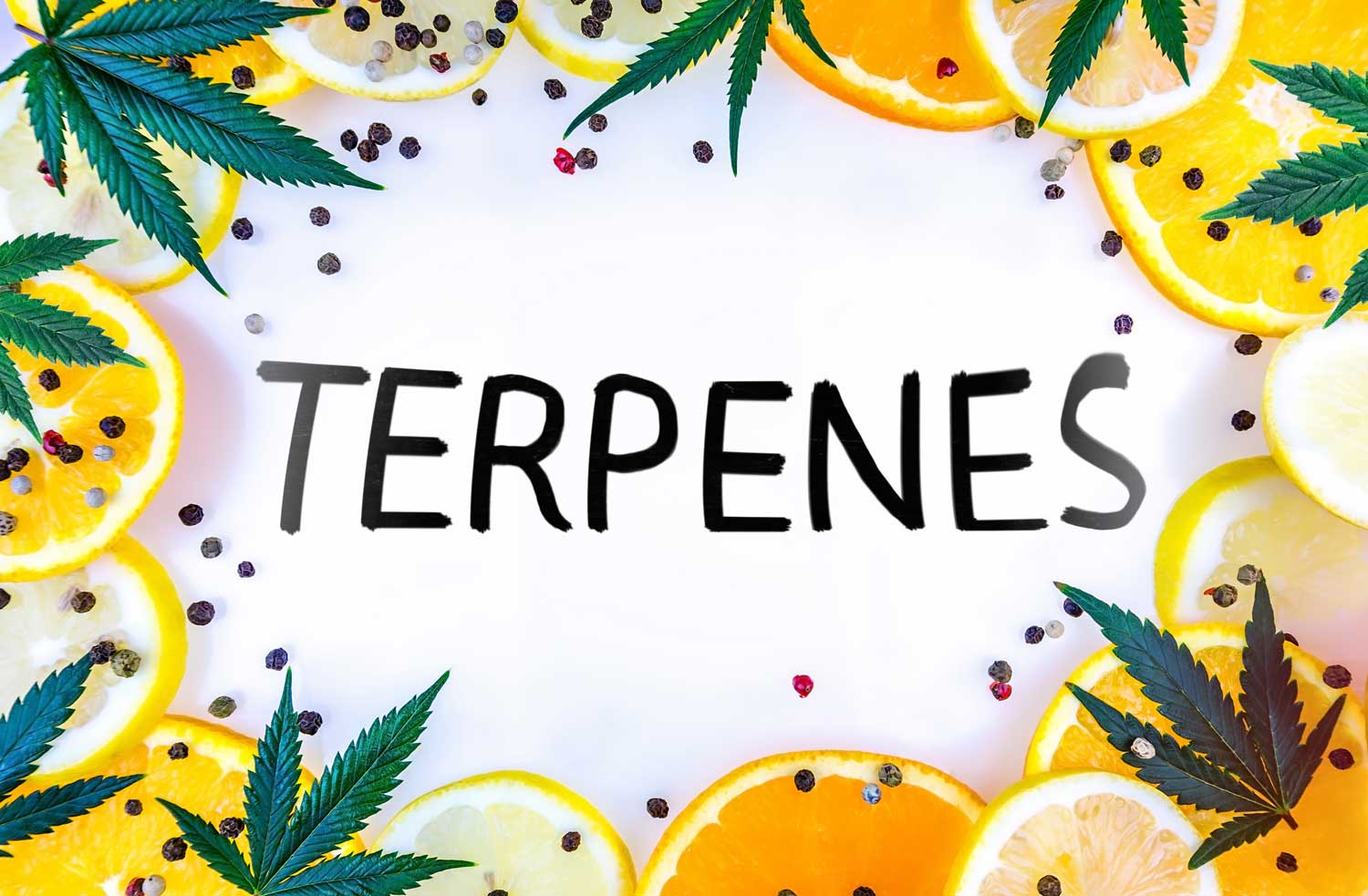
5 Things You Need To Know Before Trying CBD
WRITTEN BY TRANG TRAN AND DR. SWATHI
Cannabidiol (CBD) has been gaining traction in the health and wellness industry and, if you are new to CBD, you may be wondering how to integrate it into your lifestyle.
This article will cover the following:
- How can I determine the quality of my CBD product?
- Which CBD delivery methods should I use?
- How do I dose CBD?
- What are the side effects of CBD?
- Does CBD interact with prescription drugs?
How can I determine the quality of my CBD product?
Before purchasing a CBD product, it is important to obtain a certificate of analysis (COA) from the manufacturer or brand. A COA is a report generated by a third-party testing laboratory that provides details on the quantity (i.e., potency of cannabinoids and terpenoids) and quality (i.e., presence of residual solvents, bacteria and fungi, pesticides and fungicides, and heavy metals) of the cannabinoid contents. Essentially, a COA is a form of quality assurance that tests that the amount of cannabinoids claimed on the product label is actually the amount present in the product. For example, a COA is needed to confirm that the amount of THC in the product does not exceed the legal limit of 0.3% or is indeed “THC-free” (0%) as stated on the product label.
Which CBD delivery methods should I use?
Common CBD delivery methods include inhalation (smoking, vaping), ingestion (gummies, capsules, tablets), sublingual (under the tongue) cannabis tinctures, and topical application (lotions, creams, transdermal patches, balms). Because different delivery methods provide different time of the onset of effect, duration of effect, and different experience and effects, it is important for you to determine what you are using CBD for and what effects you desire. Speaking to a healthcare professional well-versed in using cannabis or CBD as medicine can help you best figure out where to start.
Here are the pros and cons for each of the common delivery methods:
Inhalation
Pros: rapid onset of effects (within minutes)
Cons: smoking can irritate the lungs, may have long-term effects with prolonged use
Ingestion
Sublingual Tinctures
Topical Application
How do I dose CBD?
Dosing of CBD is highly individualized. In general, you would want to start at a small dose and wait to feel the effects. Allow yourself a few days at a certain dose before adjusting doses or switching products. It may be helpful to have a journal to assess which products worked or did not work, which doses worked, how long the effects lasted, and how you felt. If the product does not help, you may need to optimize the dose or frequency. On the other hand, if the product helps, you can try to fine tune the dose to find that “sweet spot” that gives you the desired effect without unwanted side effects.
As Dr. Swathi always says, when it comes to dosing CBD, it is important to remember: “start low, go slow, and stay low.”
What are the side effects of CBD?
Common side effects of CBD include drowsiness, lack of energy, tiredness, rash, weight loss, and diarrhea. Less common side effects could include agitation, irritability, and aggressive behavior. Rare but serious side effects include redness, itching, and swelling of the face, lips, tongues, mouth, and throat.
Does CBD interact with prescription drugs?
CBD (especially if taken by mouth) can interact with prescription drugs (e.g., anti-seizure medications) because CBD is metabolized by the same enzymes that metabolize most medications in the liver. To avoid issues with drug-drug interactions, consult with your healthcare provider or pharmacist (like Dr. Swathi!) before starting CBD.
The bottom line
If you are new to starting CBD, make sure that the product you are getting is of high quality by obtaining a COA. Know what you are using CBD for and select the delivery method that best meets your specific needs and remember to “start low, go slow, and stay low.” Have a journal to help you keep track of the efficacy and side effects of CBD and based on your experimentation, you can develop your own personalized dosing regimen that works best for you.
Since CBD may interact with prescription medications, it is important to consult with your healthcare provider or pharmacist who knows about using cannabis therapy before starting CBD. If you have any questions, please reach out to our Chief Scientific Officer and Co-Founder. Dr. Swathi Varanasi, with any questions.
--
This article was edited by Dr. Swathi and was written by Element Apothec Scientific Communications Intern, Trang Tran. She is a Doctor of Pharmacy (PharmD) student at Oregon State University and Oregon Health & Science University College of Pharmacy in Portland, Oregon.











